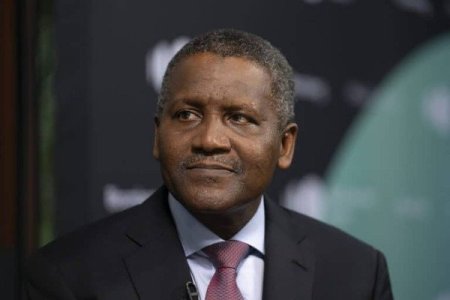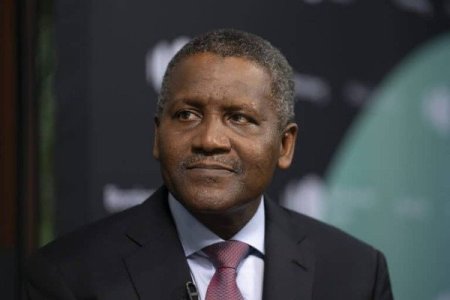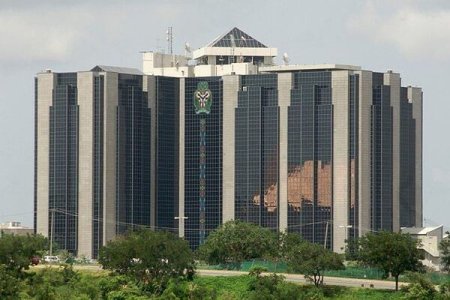
Aliko Dangote hailed former military leader Ibrahim Babangida for policies that boosted Nigeria’s private sector, citing the abolition of import licences. Speaking at Babangida’s book launch, Dangote pledged N8 billion to the IBB Presidential Library. Other business leaders, including BUA’s Abdul Rabiu and TY Danjuma, also made major donations.
Alhaji Aliko Dangote, President of Dangote Industries Ltd., has praised former military leader Gen. Ibrahim Babangida for pioneering policies that strengthened Nigeria’s private sector. Speaking at the launch of Babangida’s autobiography, A Journey in Service, and the inauguration of the IBB Presidential Library, Dangote credited the former leader for removing economic barriers that enabled private businesses to thrive.
He highlighted Babangida’s abolition of import licences as a turning point that stimulated local industries, leading to a private-sector-driven economy. According to Dangote, Nigeria’s private sector now contributes 85% of the nation’s Gross Domestic Product, with the government’s share reduced to 15%.
"Many do not realise that Babangida was the architect of Nigeria’s private sector," Dangote stated, emphasizing that today’s business leaders benefited from policies introduced during his tenure. He recounted the struggles entrepreneurs once faced in acquiring business licences, which Babangida’s administration resolved.
In appreciation, Dangote pledged N8 billion towards the construction of the IBB Presidential Library, committing N2 billion annually over four years, with a promise to extend funding if necessary. Other business leaders also made substantial contributions, with BUA Group’s Alhaji Abdul Rabiu donating N5 billion and TY Danjuma Foundation’s Theophilus Danjuma contributing N3 billion.
The event drew prominent Nigerians who acknowledged Babangida’s influence in shaping the country’s economic landscape, reinforcing his legacy as a key figure in Nigeria’s economic transformation.




